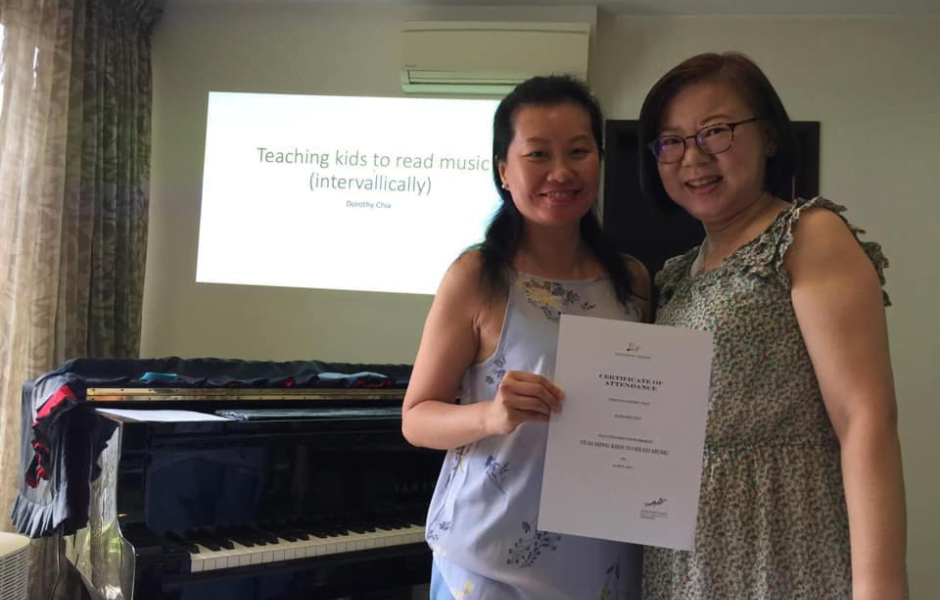Mastering the Keys: A Professional Guide to the Top 5 Tips for Beginner Piano Students
One of life’s most fulfilling journeys could be learning to play the piano. It provides various opportunities, including creativity, expression, and stress relief. It can be extremely rewarding for you as a parent seeking lessons for your child or an adult wanting to create magic on the keys. This journey is both fulfilling and challenging; however, with the right attitude, approach, and mindset, one can make amazing progress.
The guide shares five fundamental tips that will aid beginner students in building a strong foundation and relishing the learning process.
Begin with the Correct Mindset
The initial step towards piano playing is setting the right mindset. Consistency and patience are key. Although it is normal for newcomers to be excited at first, frustration tends to set in when improvement seems slow.
Remember that the process of learning the piano is not something to be completed overnight. Be prepared to struggle and welcome these as milestones in your journey. Having small aims, such as learning a basic scale or a short piece of music, can provide a sense of achievement.
Begin with the Correct Posture and Hand position
Posture comes first before any notes are played.
Sit in the middle of the keyboard with your back straight and your feet on the floor. Your arms will be hanging naturally from the shoulders, elbows slightly above the keys. The fingers will be bent slightly, as if you are holding a small ball, and your wrists will be level, neither too high nor too low.
Why is that? Good posture prevents injury, assists in smoother playing, and eases practicing. It feels uncomfortable at first, but maintaining the proper form from day one fosters long-term success.
Learn to Read Music Slowly but Steadily
Imagine learning music reading as you would learn a new language. At first, a new pattern of symbols might appear strange, but eventually, they start making sense to you.
Begin by learning the basic notes for both the treble and bass clefs and associate these with the corresponding keys on your piano. Do not rush. Concentrate on learning one single note and go on practicing its identification on a daily basis. Flashcards or note-recognition apps will come in handy in cementing your memory.
What is more important is to understand that in reading sheet music, merely reading it should not be your goal; it will help you with truly playing the music with precision and confidence. The more you become proficient at this, the easier it is to learn new tunes.
Create a Practice Routine
Here’s a secret: practicing need not be an all-day affair. Short daily focus sessions are far more effective than long, occasional ones.
In the beginning, aim for 15-30 minutes a day. You can divide your sessions into different segments, as 5 minutes on technical exercises, 10 minutes on a new piece, etc.
Bringing in materials that are fun may keep one’s practice engaging. For kids, during piano lessons, including games or rewards helps to establish an encouraging atmosphere. Adults may find that learning their favorite songs would enhance their enjoyment and make practicing feel rewarding.
Choosing the Right Teacher & Studio
Choosing the right piano teacher and studio can make all the difference. An ideal instructor adapts his lessons to the requirements of every individual child or adult.
An effective teacher is not just one who points out notes to you; they spur inspiration, explain concepts clearly, and let you grow at your own pace. Find someone who is patient, understands beginners, and makes you feel comfortable posing questions.
The environment in which you learn is equally important. In case you are learning in a piano studio, it should be inviting, clean, and well-equipped with a good-quality piano. However, if in the online mode, ensure that the setup is clear and supported by appropriate teaching resources, video recordings, online sheet music, etc., to aid your learning.
Conclusion
Beginning to learn piano can be intimidating, but with these helpful tips, it can also be incredibly rewarding. Have a positive attitude, emphasize good technique, create a consistent practice routine, learn to read music, and locate the appropriate teacher to guide you.
By enjoying this learning process, not only will you become a better pianist, but you will also learn to appreciate fully the strength of music. Have fun playing!




